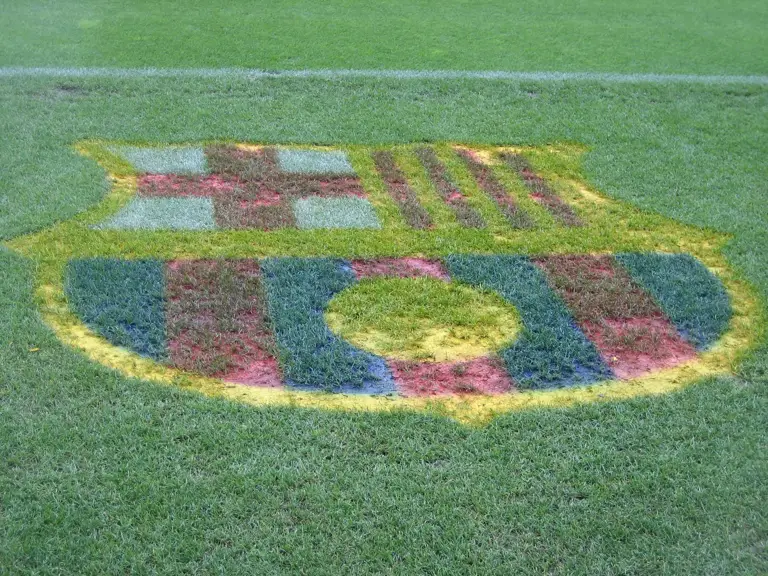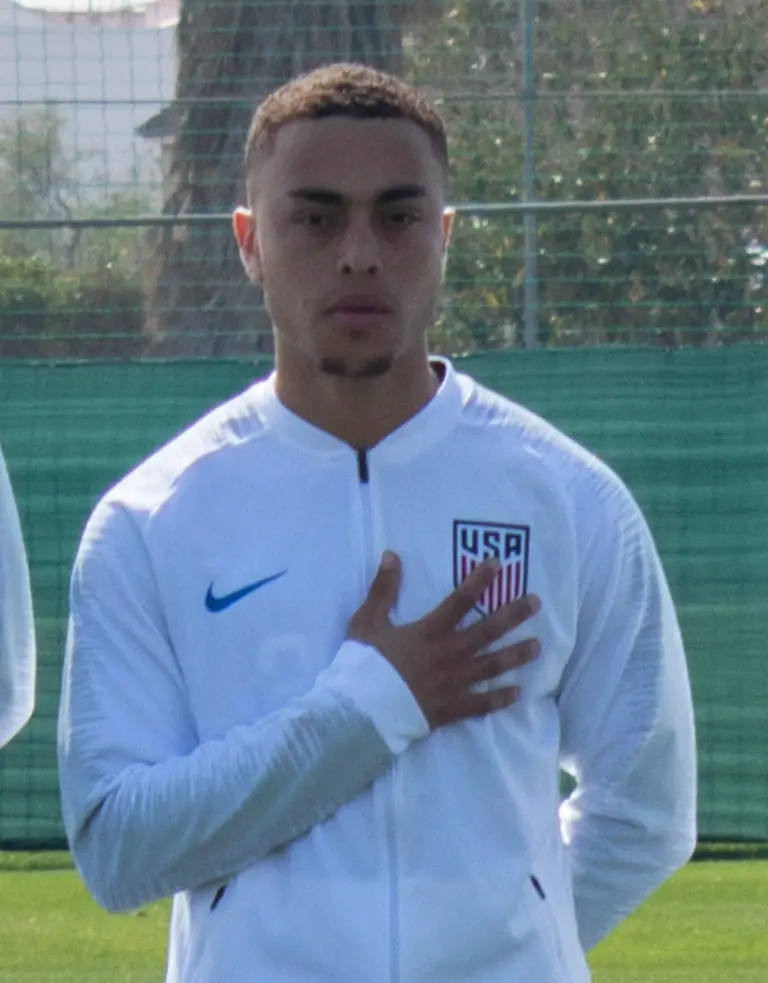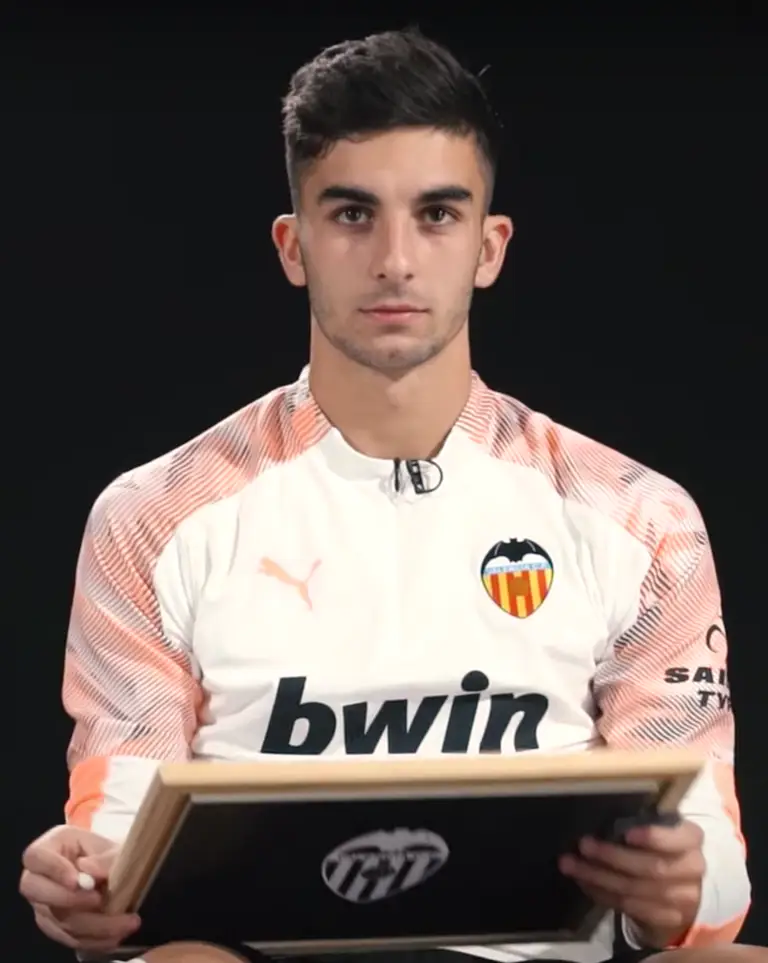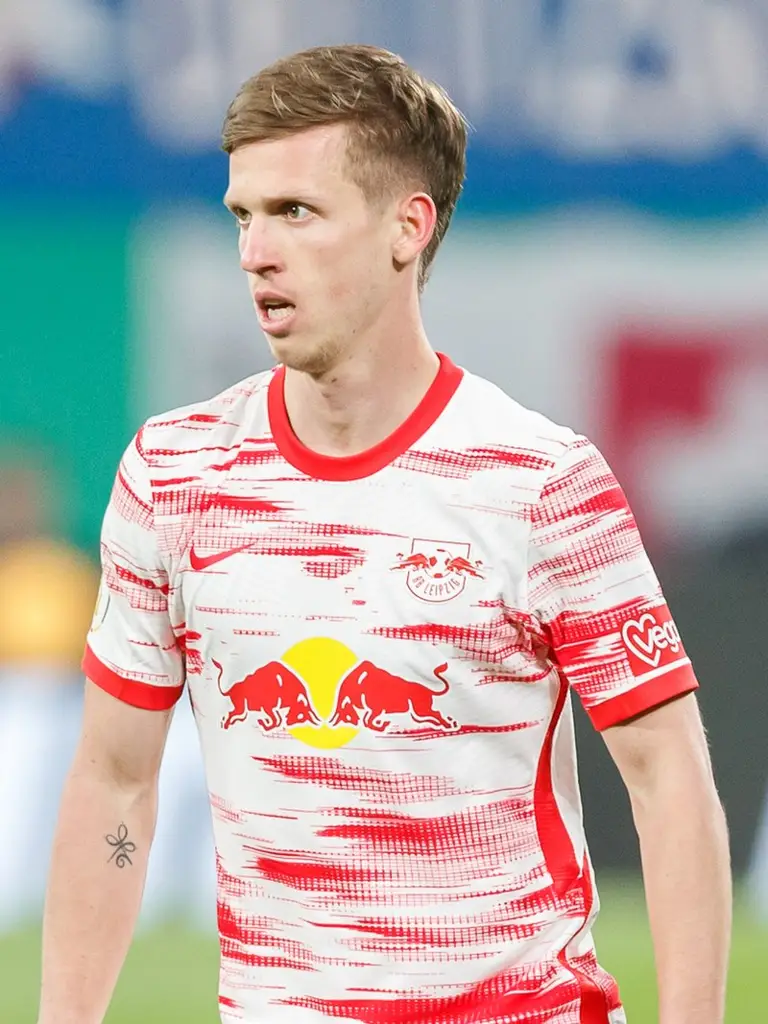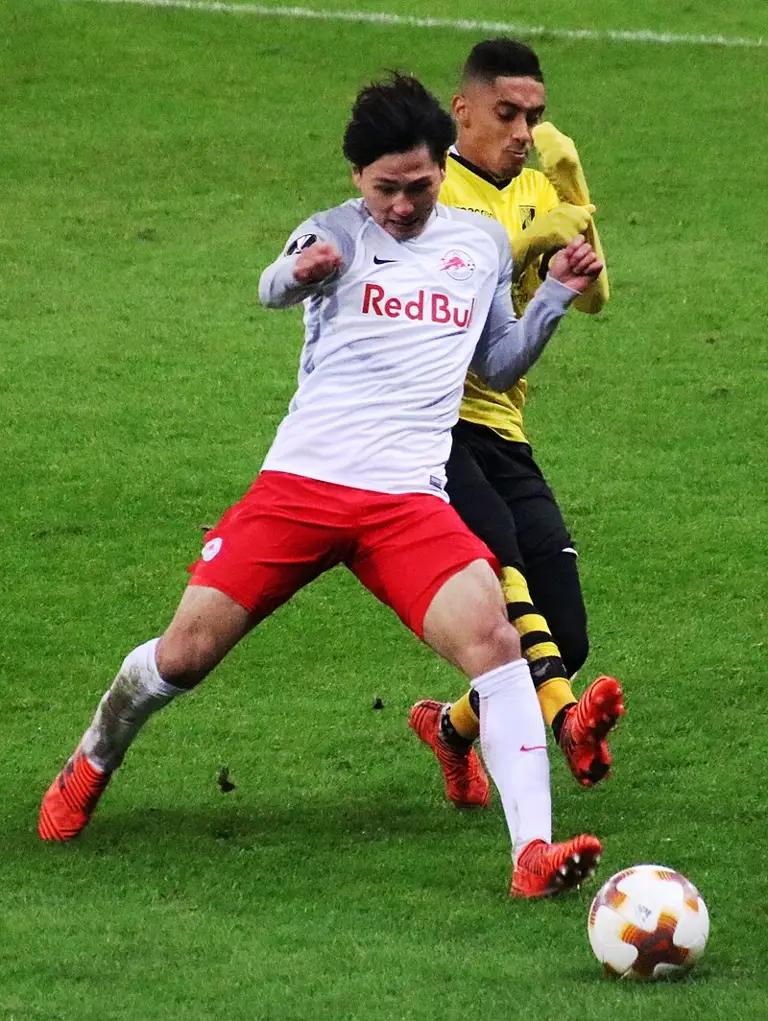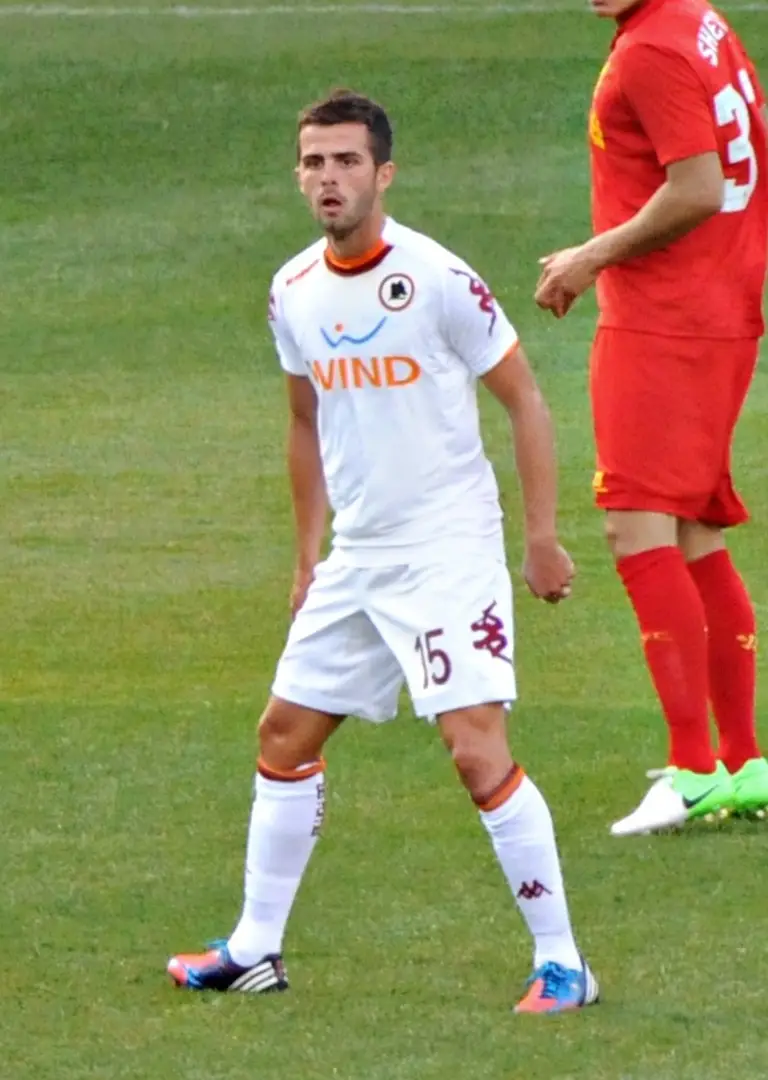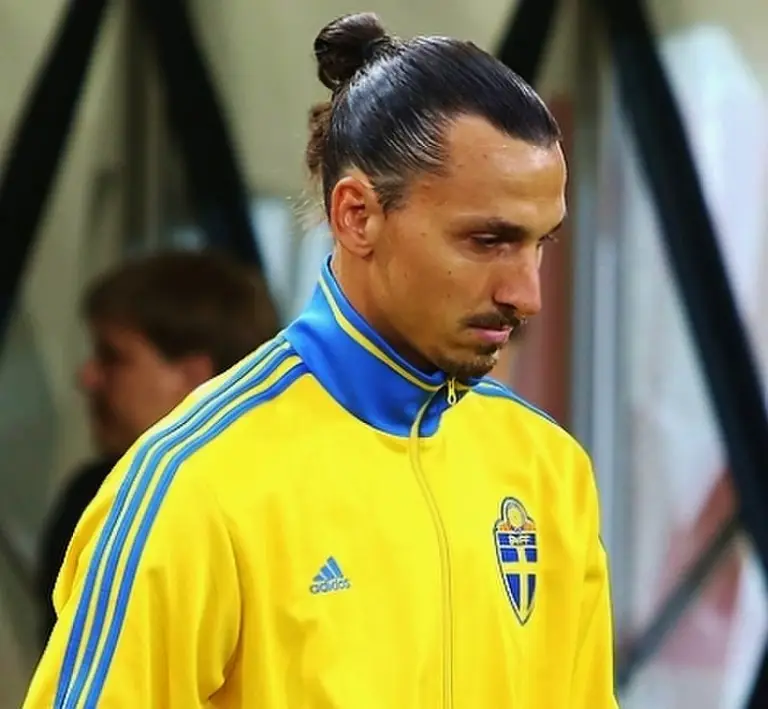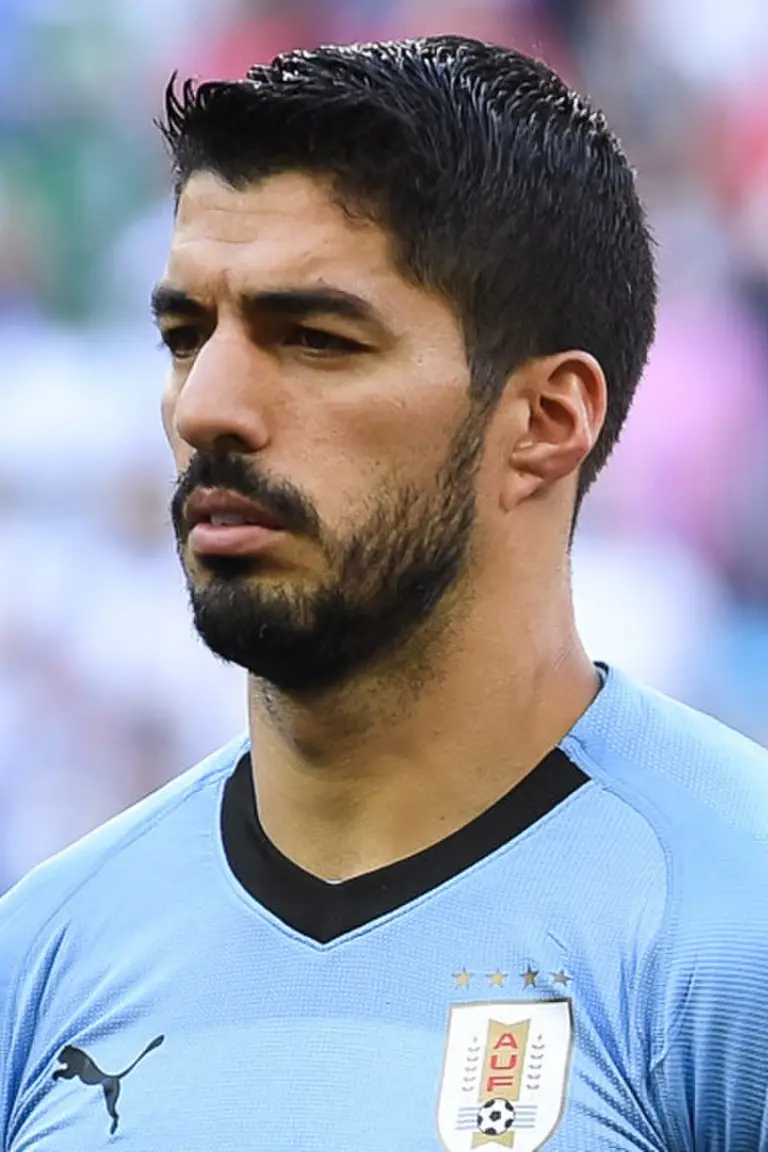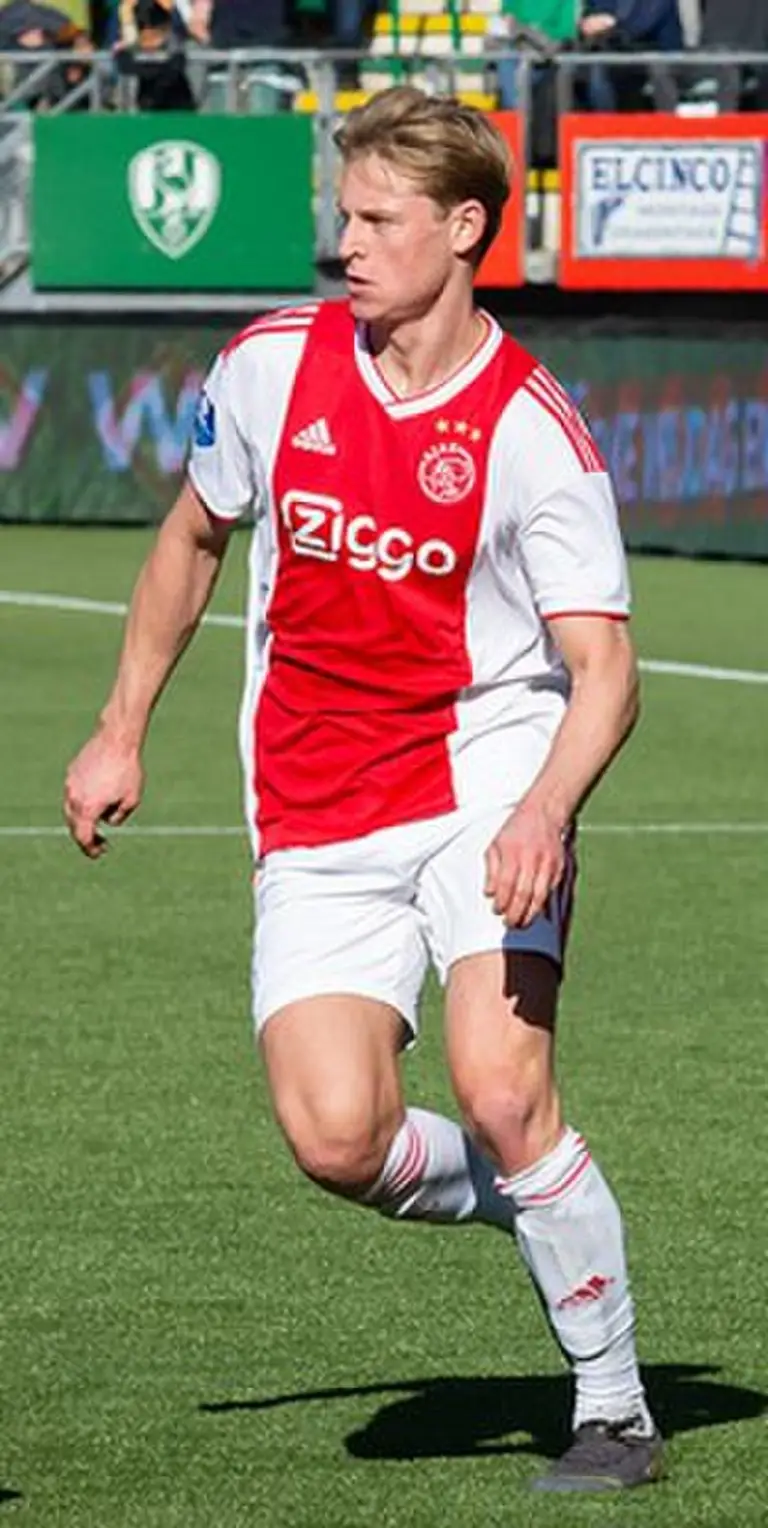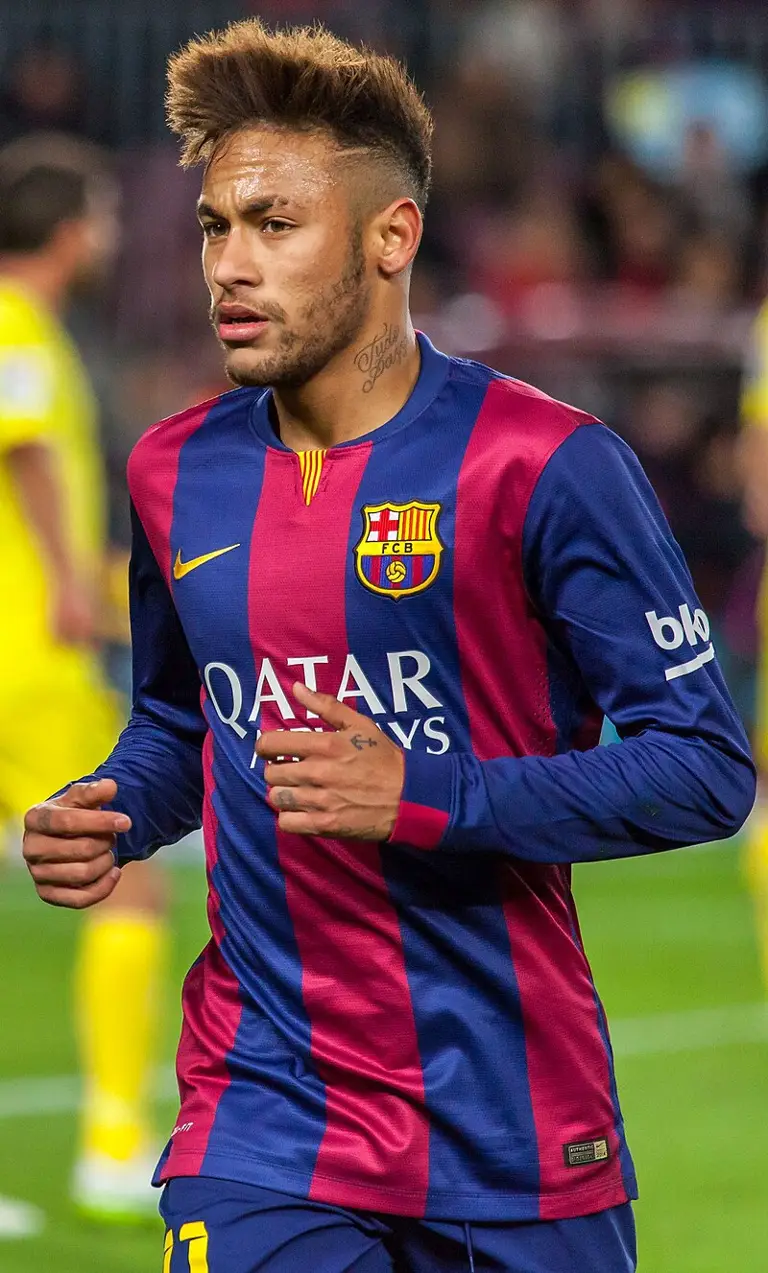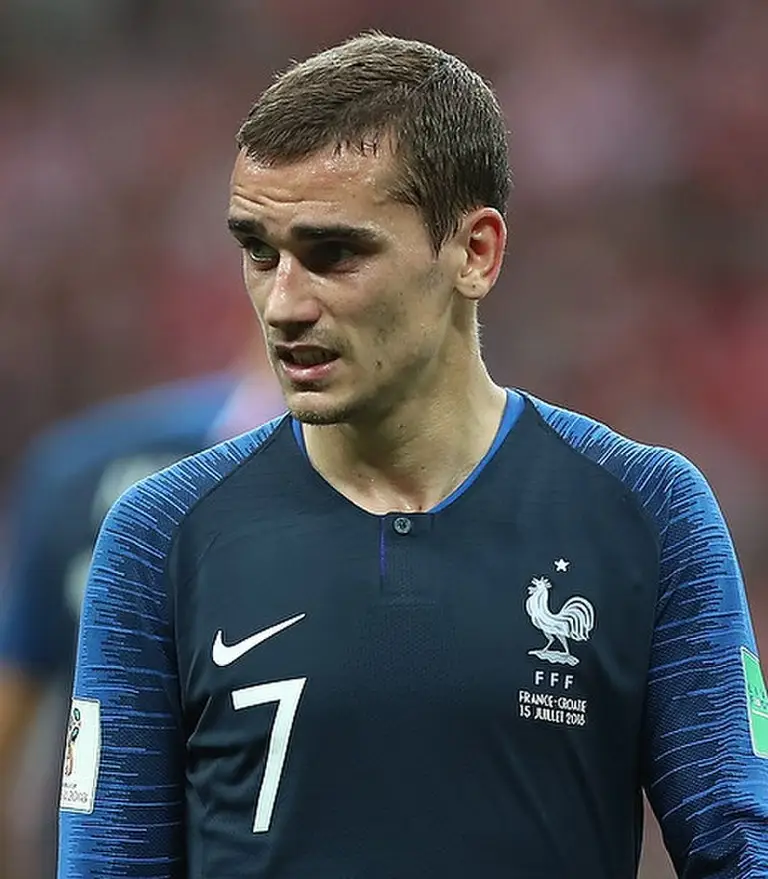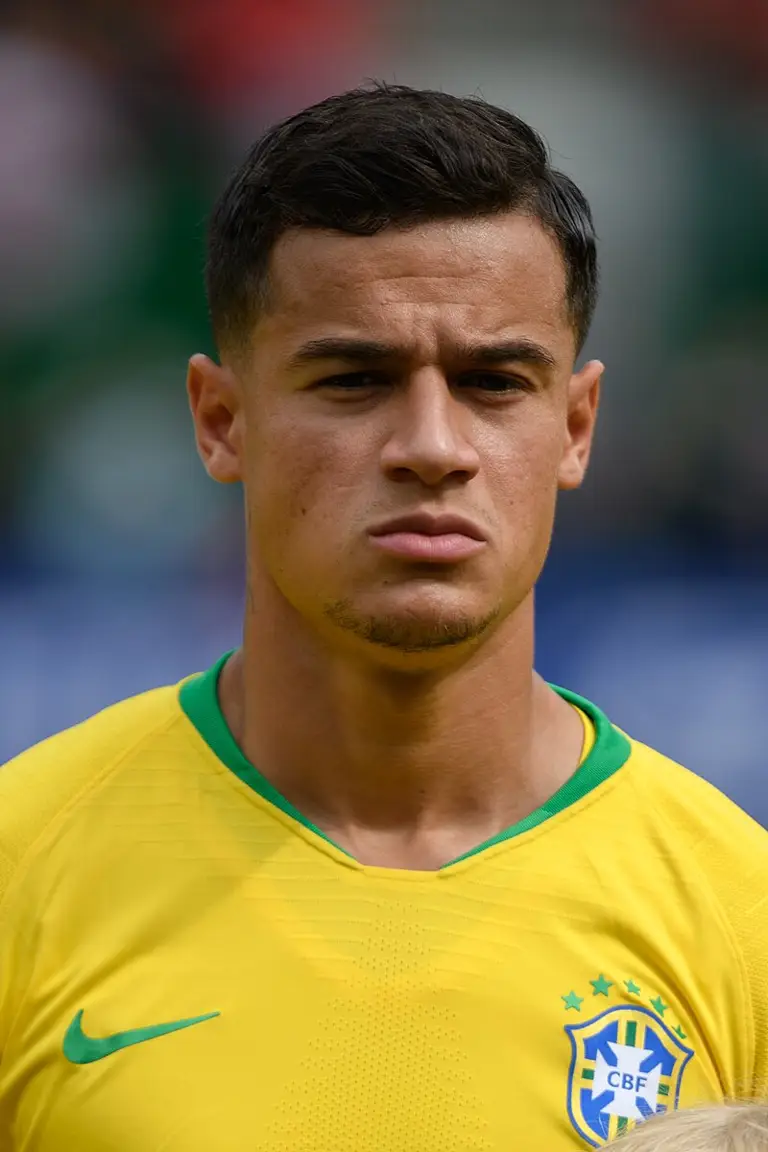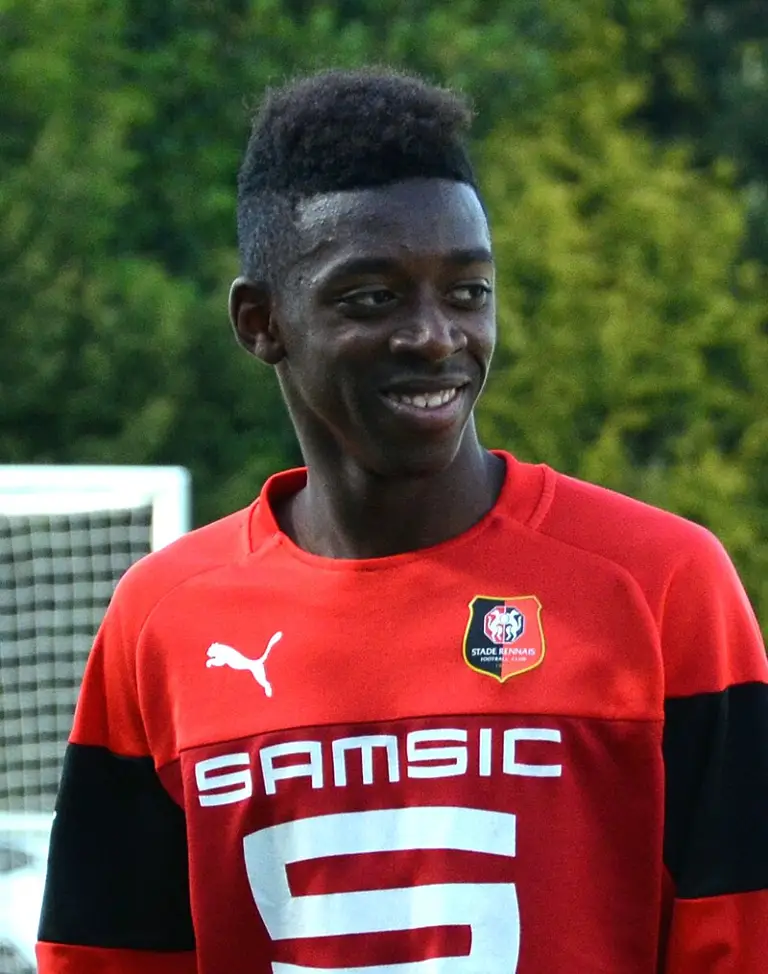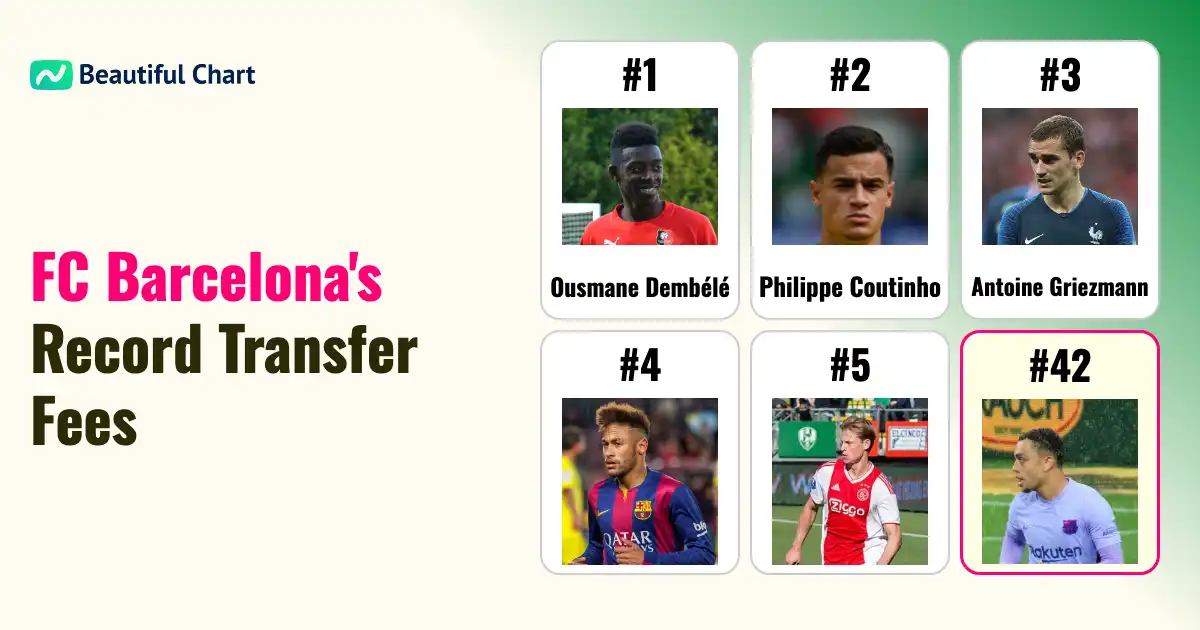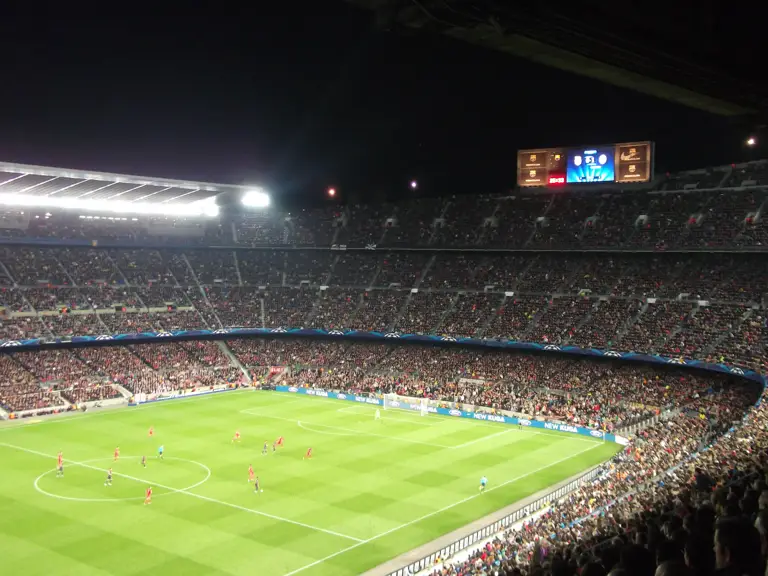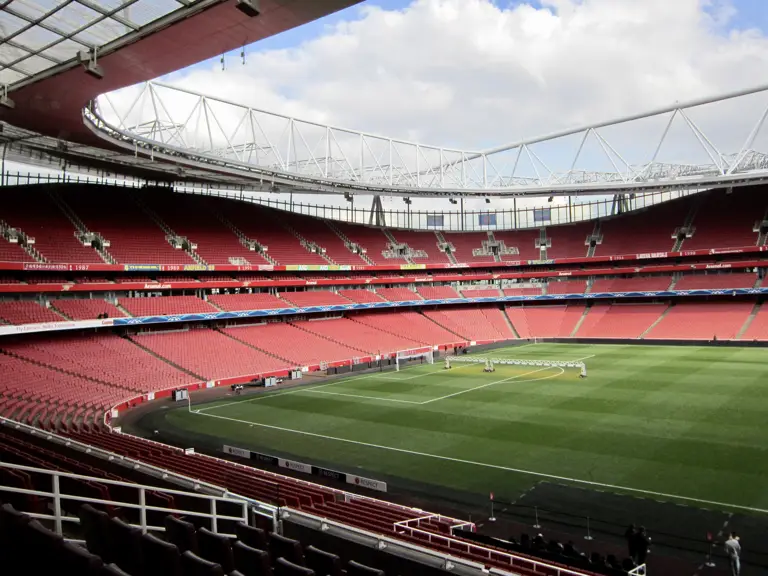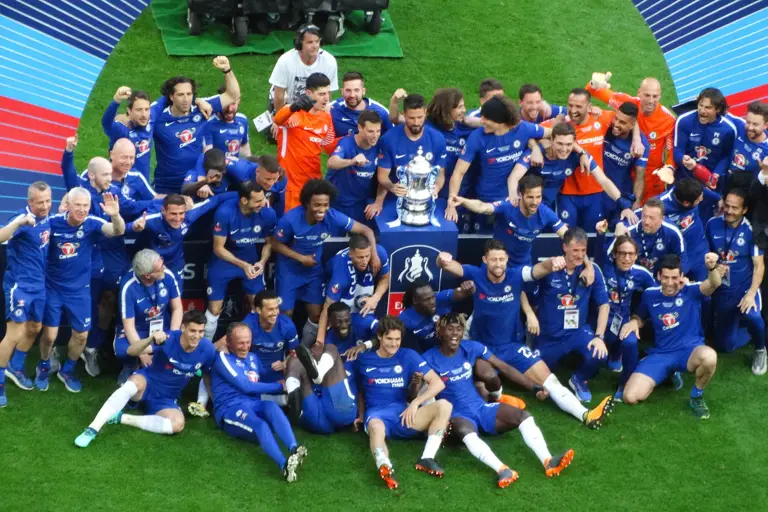
FC Barcelona's Most Expensive Signings EVER: Who Was a Hit and Who Was a Historic Flop?
- ASUMUP
- Sports / Soccer
- September 18, 2025
FC Barcelona is more than just a club; it's a global institution where only the best are expected to succeed. The weight of the Blaugrana shirt and the expectations of the Camp Nou faithful can be immense. For decades, the club has scoured the globe for generational talents, but in the modern era, that talent comes with an astronomical price tag.
Especially in the chaotic years following Neymar's world-record departure, Barcelona embarked on an unprecedented spending spree to fill the void and maintain their status at the pinnacle of world football. This resulted in some of the most expensive transfers in the sport's history, acquisitions that were meant to guarantee trophies and continued dominance. But as we all know, big money doesn't always guarantee big success.
This list is a journey through the highs and lows of Barcelona's transfer history. We'll explore the players who justified every penny, the ones who buckled under the pressure, and the deals that are still debated in bars across Catalonia. From undisputed legends to spectacular flops, let's break down the top 10 most expensive signings in FC Barcelona's history.
Barça's Billion-Euro Gambles
- #1 Ousmane Dembélé - €148M
- #2 Philippe Coutinho - €135M
- #3 Antoine Griezmann - €120M
- #4 Neymar - €88M
- #5 Frenkie de Jong - €86M
- #6 Luis Suárez - €81.7M
- #7 Zlatan Ibrahimović - €69.5M
- #8 Miralem Pjanić - €60M
- #9 Raphinha - €58M
- #10 Dani Olmo - €55M
- #10 Ferran Torres - €55M
- #41 Sergiño Dest - €21M
#41 Sergiño Dest - €21M
As one of the most prominent USMNT players, Dest's move from Ajax to Barcelona was a huge deal for American soccer fans. He was the first-ever American to sign for the Barça first team, bringing a new audience and significant marketing potential to the club. He was expected to be the long-term solution at right-back with his blistering pace and attacking prowess.
His time at the club was challenging, as he struggled with the defensive demands and tactical consistency under different managers. After a couple of loan spells, particularly a successful one at PSV Eindhoven, his future remains a topic of debate among fans and pundits. Nevertheless, his signing marked a significant moment for the growth of football's profile in the United States.
#10 Ferran Torres - €55M
Signed from Manchester City during the January transfer window, Ferran Torres was one of the first major acquisitions of the Xavi era. The club invested heavily in the young Spanish international, believing in his potential and versatility to play across the entire front line. His arrival signaled a new direction, a focus on young, hungry, Spanish talent to rebuild the team.
His time at the club has been characterized by frustrating inconsistency. Torres' intelligent movement allows him to get into excellent goal-scoring positions frequently, but his finishing has often let him down, leading to criticism from fans and the media. While he has contributed with goals and works hard for the team, he has yet to fully lock down a starting spot and justify the significant investment made in him.
#10 Dani Olmo - €55M
Dani Olmo's transfer from RB Leipzig is a homecoming story that has fans buzzing with anticipation. A product of Barcelona's own famed La Masia academy, he took the unconventional path of leaving for Dinamo Zagreb as a teenager to accelerate his development, a move that paid off handsomely. Now an established Spanish international, his return is seen as a move to bring back a player who intrinsically understands the club's style of play.
As a new signing for the 24/25 season, the weight of expectation is on his shoulders to become the creative engine in the final third. His versatility to play in midfield or on the wing, combined with his intelligence and technical skill, makes him a perfect fit for the team's needs. The hope is that Olmo will be the key that unlocks defenses and bridges the gap between the midfield and attack for years to come.
#9 Raphinha - €58M
Signed from Leeds United after a dramatic transfer saga where he famously rejected a move to Chelsea at the last minute, Raphinha's desire to play for Barcelona was clear. He was brought in to provide directness, flair, and a goal threat from the right wing, assets he had displayed in abundance in the Premier League. His work rate and powerful left foot were seen as key attributes to energize a new-look Barça attack under Xavi.
His Barcelona career has been a rollercoaster of highs and lows. He has shown his quality by scoring crucial goals in big matches, including against Real Madrid, and has a knack for contributing assists. However, he has also faced criticism for inconsistency and decision-making, leading to his place in the starting eleven never feeling completely secure. He remains a valuable, yet enigmatic, member of the squad.
#8 Miralem Pjanić - €60M
The transfer of Miralem Pjanić from Juventus, in a deal that saw the younger Arthur Melo move in the opposite direction, raised eyebrows across the football world. Many analysts viewed the move as a creative accounting operation, an 'amortization' swap designed to help both clubs balance their books for the financial year. From a sporting perspective, signing an aging midfielder for such a high fee was questionable from the start.
Those questions were quickly answered on the pitch, as Pjanić's time at Barcelona was utterly forgettable. He was slow, failed to adapt to the team's rhythm, and was quickly frozen out by coach Ronald Koeman, making very few meaningful appearances. The transfer is now almost exclusively remembered for its financial context, representing one of the most cynical and unsuccessful deals in the club's recent history.
#7 Zlatan Ibrahimović - €69.5M
The blockbuster deal for Zlatan Ibrahimović, which saw superstar Samuel Eto'o go to Inter Milan, was a clash of worlds. Zlatan was a towering ego and a physical phenomenon, a stark contrast to the small, technical players of Pep Guardiola's tiki-taka philosophy. The idea was to add a 'Plan B,' a different dimension to an already near-perfect team.
While his goalscoring record was impressive, his time at the club was short-lived and explosive for all the wrong reasons. A famous and bitter falling out with coach Pep Guardiola, whom Zlatan felt was marginalizing him in favor of Messi, led to a swift exit after just one season. It remains a classic football case study of a phenomenal player who was simply the wrong personality and tactical fit for a deeply philosophical team.
#6 Luis Suárez - €81.7M
Arriving from Liverpool after a controversial World Cup, Luis Suárez's transfer was a gamble, but one Barcelona was willing to take on one of the most lethal strikers in the world. He was the proven, world-class number 9 the team needed to complete their attack. His tenacity, intelligence, and ruthless finishing were seen as the perfect complement to the flair of Messi and Neymar.
Suárez's transfer is now remembered as one of the best in the club's modern history. He became the third-highest goalscorer in Barcelona's history, a club legend who delivered countless trophies, including the 2015 Champions League. His telepathic connection with Messi was a joy to watch, and his unceremonious departure to Atlético Madrid—whom he promptly led to a La Liga title—is still considered a catastrophic mistake by the previous board.
#5 Frenkie de Jong - €86M
Frenkie de Jong was the crown jewel of the sensational 2018/19 Ajax team that captivated Europe, and his signing was a major victory for Barcelona, who beat off competition from PSG and Manchester City. Hailed as a midfielder with 'Barça DNA,' his vision, press resistance, and elegant control seemed tailor-made for the club's philosophy. He represented a return to identity, a hope for the future of the Barcelona midfield for the next decade.
While he has been one of the team's most consistent and high-quality performers through a period of immense institutional chaos, his time has been complex. He has showcased his world-class ability on countless occasions but has also been the subject of intense transfer speculation as the club sought to balance its precarious finances. De Jong remains a vital player, though the team's overall struggles have perhaps prevented him from reaching the dominant heights many had predicted upon his arrival.
#4 Neymar - €88M
The signing of Neymar from Santos was a global event that marked the arrival of football's next megastar. The Brazilian prodigy was the hottest property on the planet, and his decision to join Barcelona was a major coup for the club. He was not just a player; he was a brand, an entertainer, and the heir apparent to Lionel Messi's throne.
On the pitch, his transfer was an undisputed, roaring success. He formed one of the greatest attacking trios of all time, the 'MSN,' alongside Messi and Luis Suárez, dazzling the world with their chemistry and firepower. They led the club to a historic treble in the 2014/15 season, with Neymar playing a starring role. His legacy, however, is complicated by his shocking world-record departure to PSG, a move that destabilized the club and directly funded the expensive failures that sit above him on this list.
#3 Antoine Griezmann - €120M
Fresh off winning the World Cup with France, Antoine Griezmann's move from rivals Atlético de Madrid was as controversial as it was expensive. After a dramatic public rejection of the club a year prior in his documentary 'La Decisión,' Barcelona finally triggered his release clause. The expectation was that Griezmann, a proven La Liga goalscorer and tireless worker, would seamlessly form a new fearsome attacking trio with Messi and Suárez.
Despite his undeniable quality and work rate, Griezmann never truly fit in at Barcelona. Often forced to play out of his preferred central position to accommodate Messi, he struggled to exert the same influence he had at Atlético. While he contributed with some important goals and never stopped running for the team, he never looked comfortable in the Blaugrana system, ultimately returning to Atlético Madrid in a deal that represented a massive financial loss and a sporting failure for Barça.
#2 Philippe Coutinho - €135M
The arrival of Philippe Coutinho from Liverpool was seen as a massive statement, the final piece of the post-Neymar puzzle. Known as 'O Mágico' (The Magician) at Anfield, he was a Premier League superstar expected to provide the creative spark and long-range goals that would fill the void left by both Neymar and the aging Andrés Iniesta. Barcelona pursued him relentlessly for months, finally landing their man for a monumental fee that signaled their intent to conquer Europe again.
However, the dream move quickly turned into a nightmare. Coutinho looked a shadow of his former self, struggling to find a position in a system built around Lionel Messi and failing to replicate his dynamic performances. The lowest point came during his loan spell at Bayern Munich, where he ironically scored twice against Barcelona in their humiliating 8-2 Champions League defeat. He is now widely regarded as one of the biggest transfer flops in football history, a symbol of the club's reckless spending.
#1 Ousmane Dembélé - €148M
Signed from Borussia Dortmund in the wake of Neymar's shocking exit, Ousmane Dembélé arrived as a 20-year-old phenom tasked with the impossible job of replacing a superstar. The staggering €148 million fee made him the second most expensive player in history at the time, placing an incredible amount of pressure on his young shoulders. His raw talent, blistering speed, and two-footed ability made him one of the most exciting prospects in world football, a player Barcelona bet the house on.
His career at Barça can only be described as a rollercoaster of immense frustration and breathtaking brilliance. Plagued by persistent and severe injuries, he spent more time on the treatment table than many fans would care to remember, leading to questions about his professionalism. Yet, when fit, he was often unplayable, a unique talent capable of winning a match on his own, a fact that kept both coaches and fans hoping for a consistent run that never fully materialized.
Other Posts in the Sports / Soccer
Categories
- National Rankings(43)
- Science & Technology(1)
- Sports(24)
- Economy(30)
- Society(12)
- Culture(7)
Recent Posts
![Bayern Spent HOW MUCH on Harry Kane?! Ranking Their Top 10 Biggest Signings Ever]() A deep dive into Bayern Munich's ten most expensive transfers, exploring how the club's spending strategy has evolved to chase European glory.
A deep dive into Bayern Munich's ten most expensive transfers, exploring how the club's spending strategy has evolved to chase European glory.![Arsenal's Record-Shattering Spree: From a €116M Gamble to a Flop, Who Was Worth the Cash?]() A deep dive into Arsenal's top 10 most expensive signings, analyzing the successes, the failures, and the massive fees that have defined the club's modern transfer strategy.
A deep dive into Arsenal's top 10 most expensive signings, analyzing the successes, the failures, and the massive fees that have defined the club's modern transfer strategy.![Chelsea Cashes In BIG TIME! Who Really Won the 25/26 Summer Transfer Window Money Game?]() A deep dive into the top 10 clubs that made the most money from player sales during the wild 25/26 summer transfer window.
A deep dive into the top 10 clubs that made the most money from player sales during the wild 25/26 summer transfer window.![Liverpool's Record-Breaking €483M Spree! Did They Just Buy the Premier League Title?]() A deep dive into the 25/26 summer transfer window reveals Liverpool's record-breaking spending spree as Premier League clubs continue to dominate the market.
A deep dive into the 25/26 summer transfer window reveals Liverpool's record-breaking spending spree as Premier League clubs continue to dominate the market.![You Won't Believe How Much a Loaf of Bread Costs in These Countries! (Spoiler: It's INSANE)]() This post explores the top 10 countries with the most expensive bread, revealing how factors like import reliance and tourism dramatically inflate the cost of this basic staple.
This post explores the top 10 countries with the most expensive bread, revealing how factors like import reliance and tourism dramatically inflate the cost of this basic staple.
